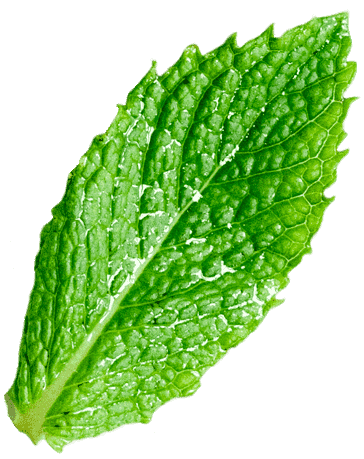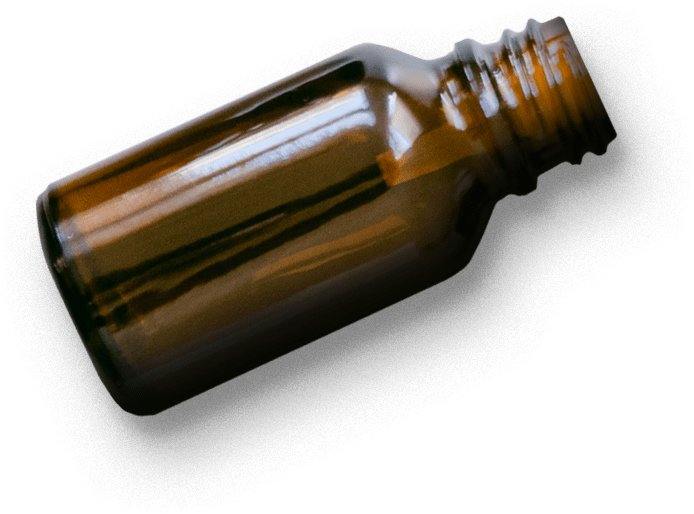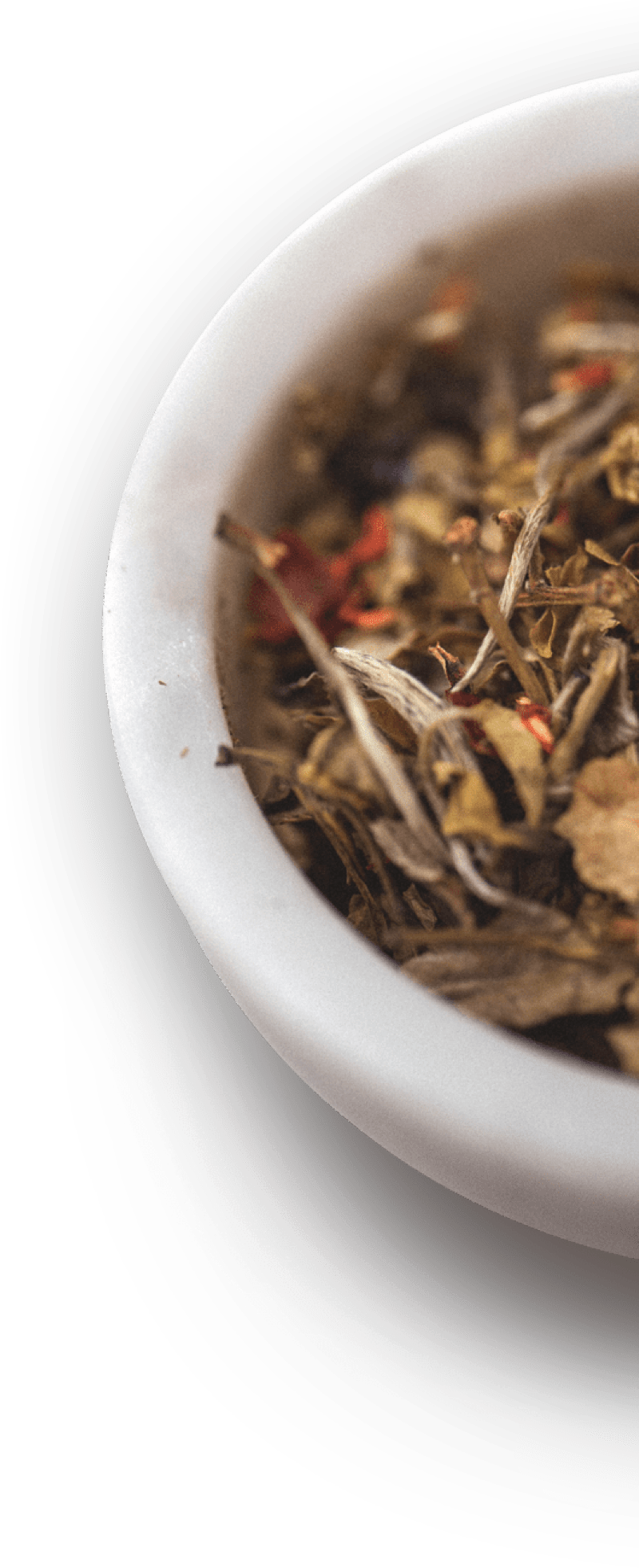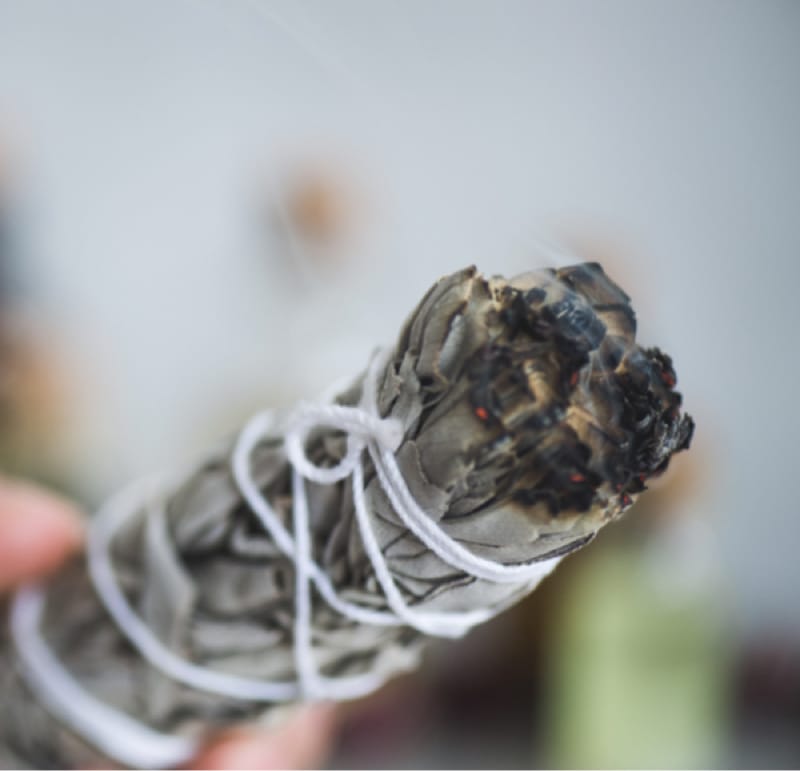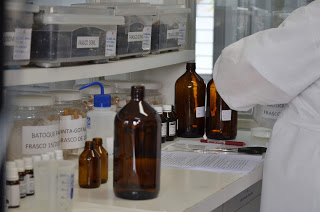HOMEOPATHY AND EPIGENETICS
Epigenetics is the study of how your behaviors and environment can cause changes that affect the way your genes work. It is the study of changes in organisms caused by modification of gene expression rather than alteration of the genetic code itself.
Several lifestyle factors have been identified that might modify epigenetic patterns, such as diet, obesity, physical activity, tobacco smoking, alcohol consumption, environmental pollutants, psychological stress, and working on night shifts.
The Integrative Medicine (IM) model not only considers the holistic perspective of the physiological components of the individual, but also includes psychological and mind-body aspects. They propose that IM’s ability to affect healing is due at least in part to epigenetic mechanisms.
This hypothesis is based on a mounting body of evidence that demonstrates a correlation between the physical and mental effects of Integrative Medicine and modulation of gene expression and epigenetic state.
Since ancient times human civilizations have made use of various natural resources to restore health, so IM practices have been commonly used to improve health and ameliorate pathological conditions. It is only in recent years that the humanity has focused on unraveling the underlying mechanism in the light of molecular genetics and biochemistry.
Epigenetic mechanisms include chromatin folding and attachment to the nuclear matrix, packaging of DNA, covalent modifications of histone tails (acetylation, methylation, and phosphorylation), and DNA methylation, which taken together provide a plausible explanation for nongenetic disease transmission.
The idea that IM possesses the power to regulate the epigenome to achieve its therapeutic effects is novel and needs further development and could play a crucial role in developing future research strategies in health care.
You can read more about in a review article “Epigenetic Mechanisms of Integrative Medicine”, http://dx.doi.org/10.1155/2017/4365429

